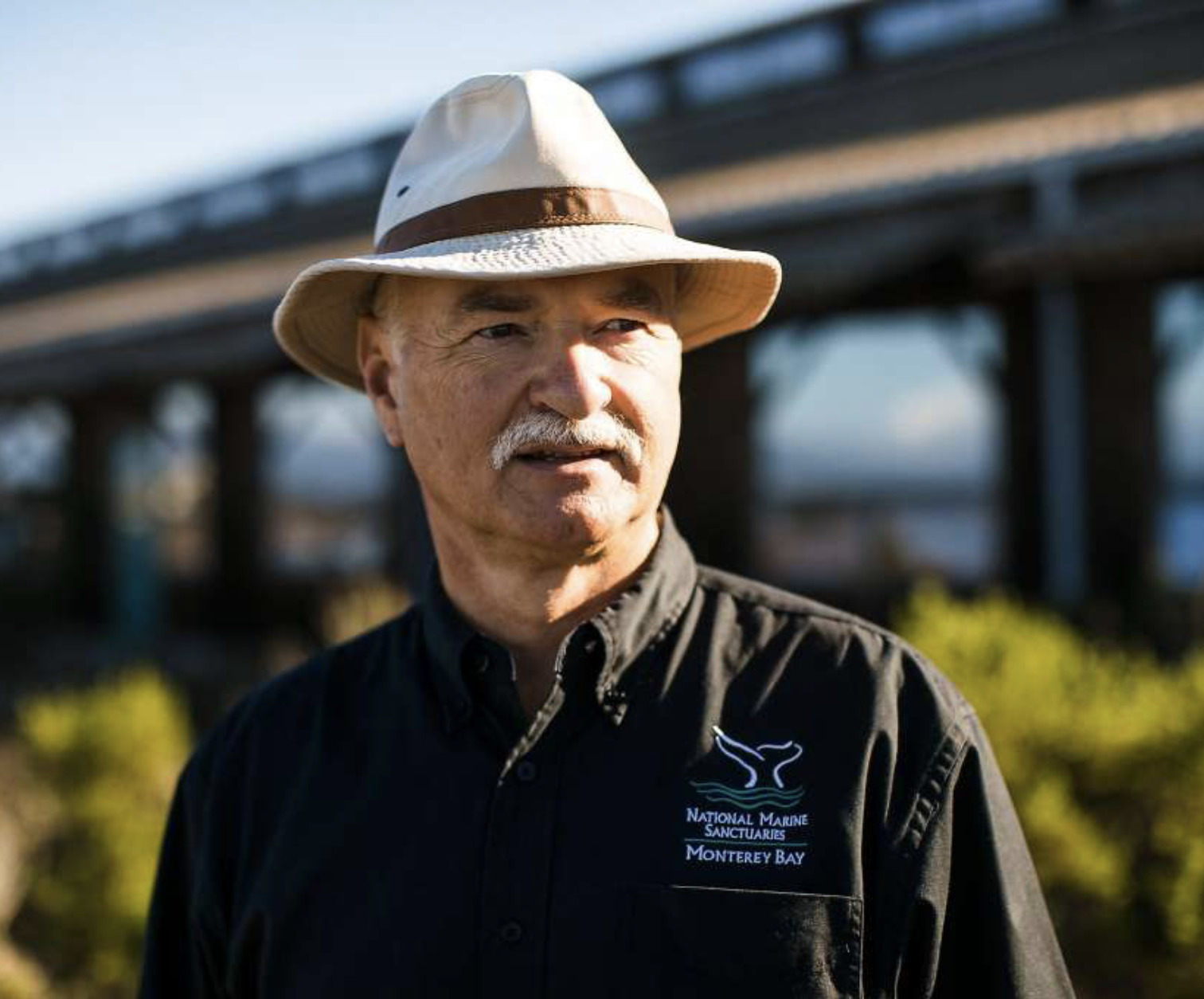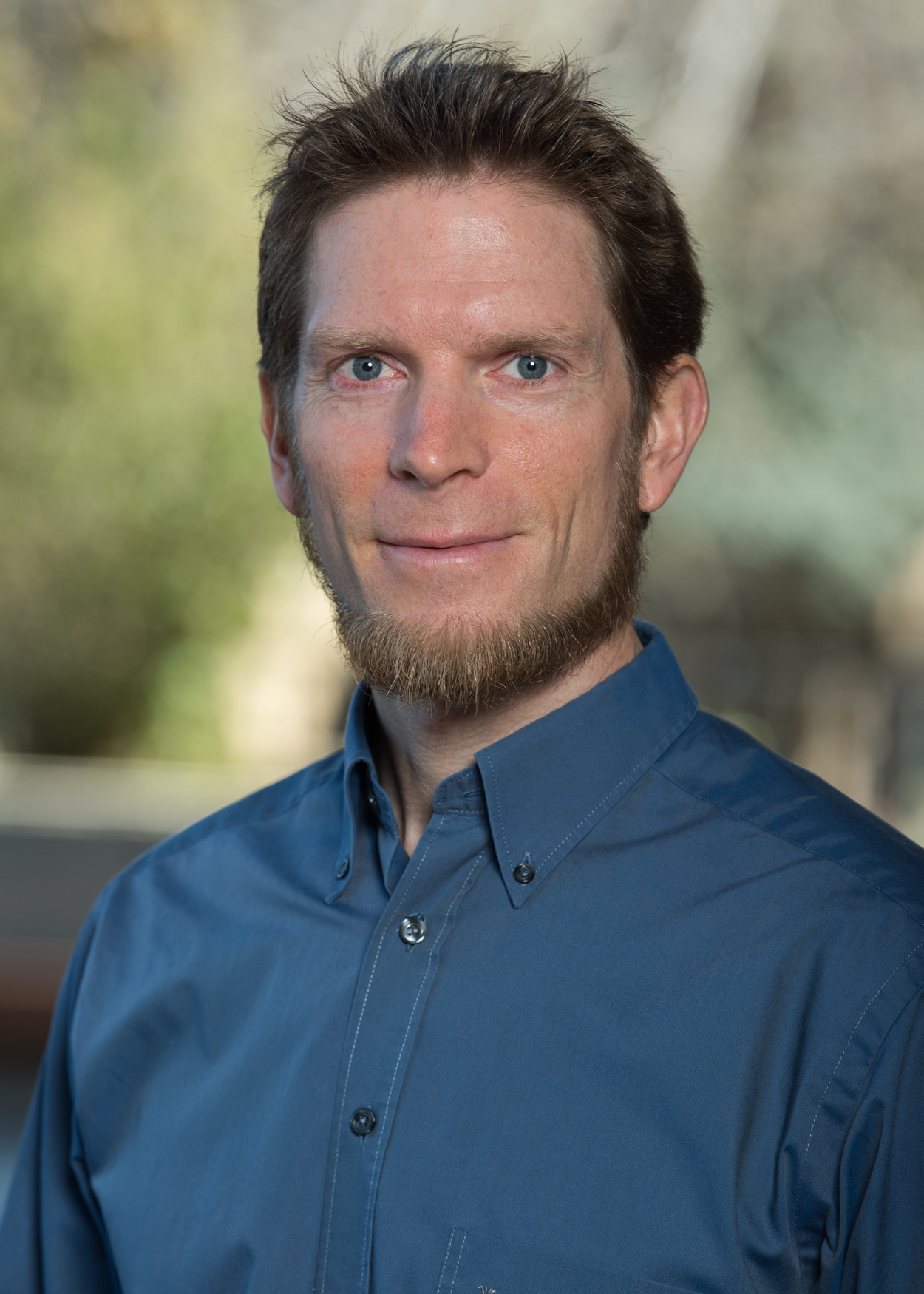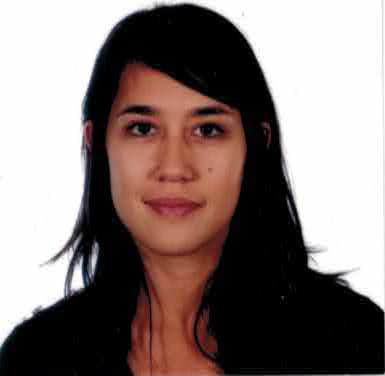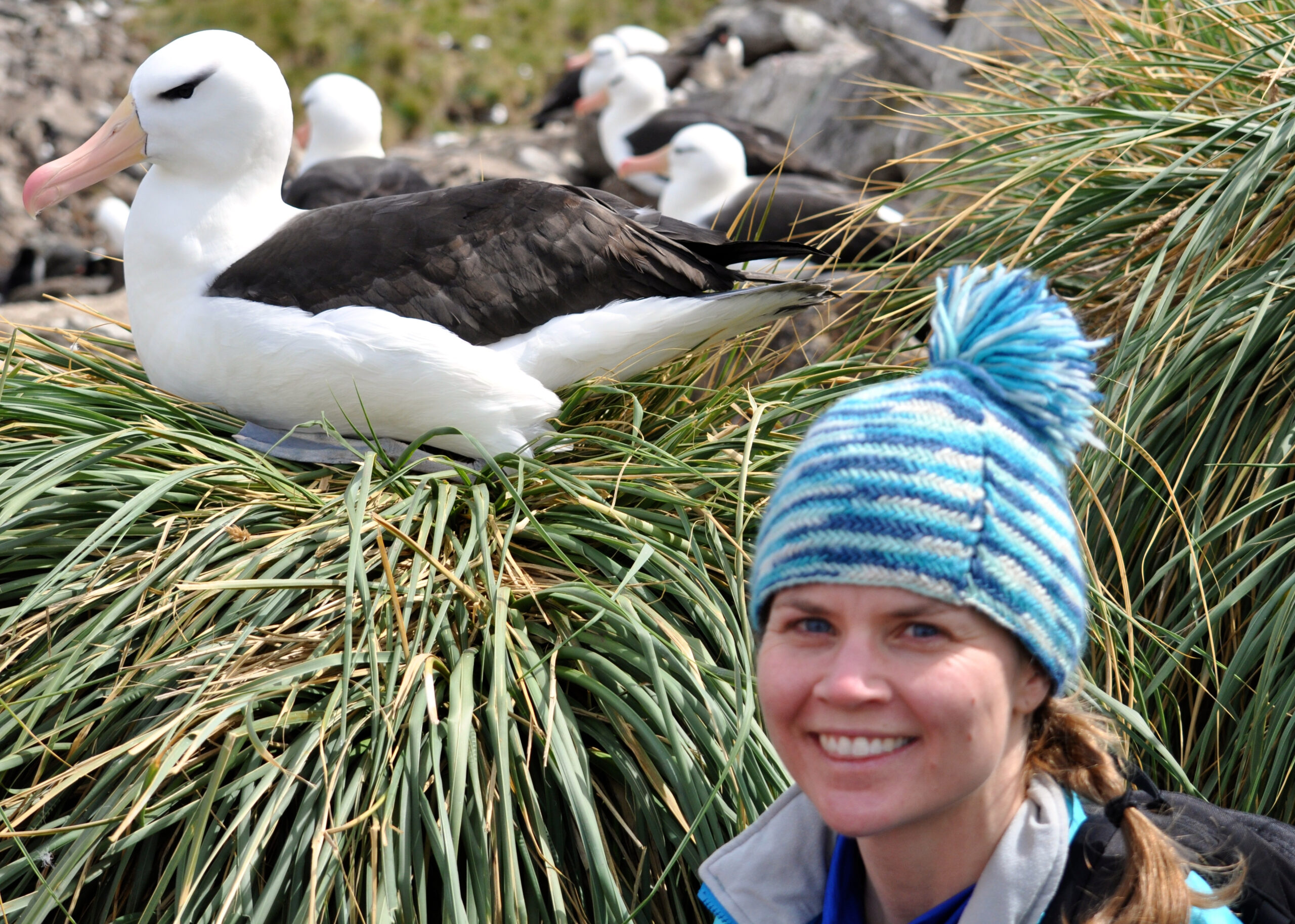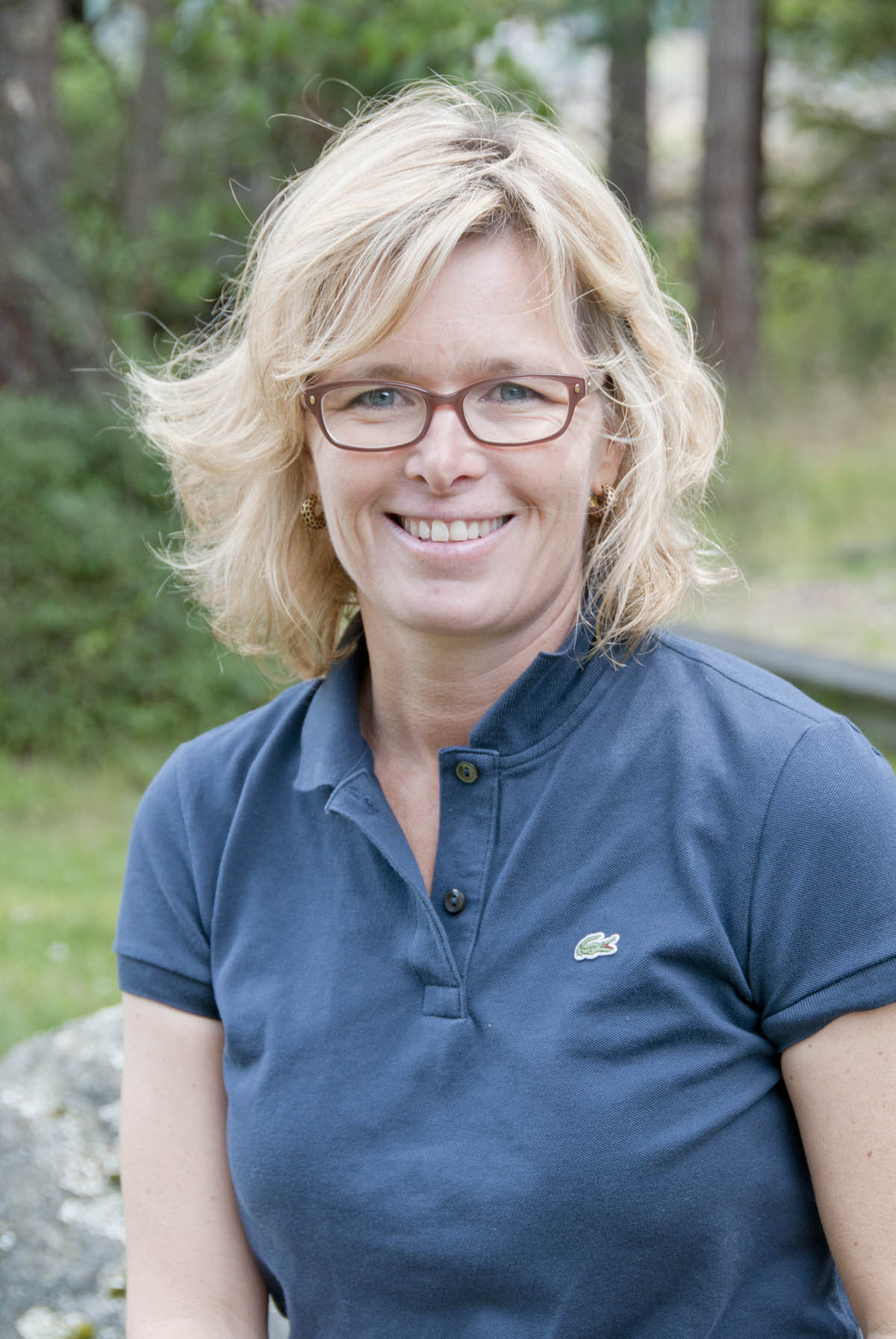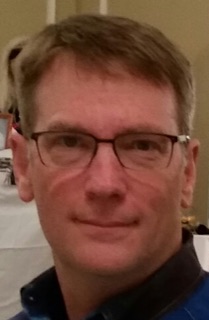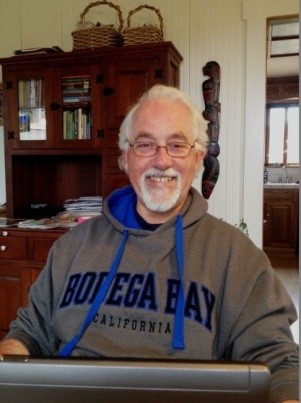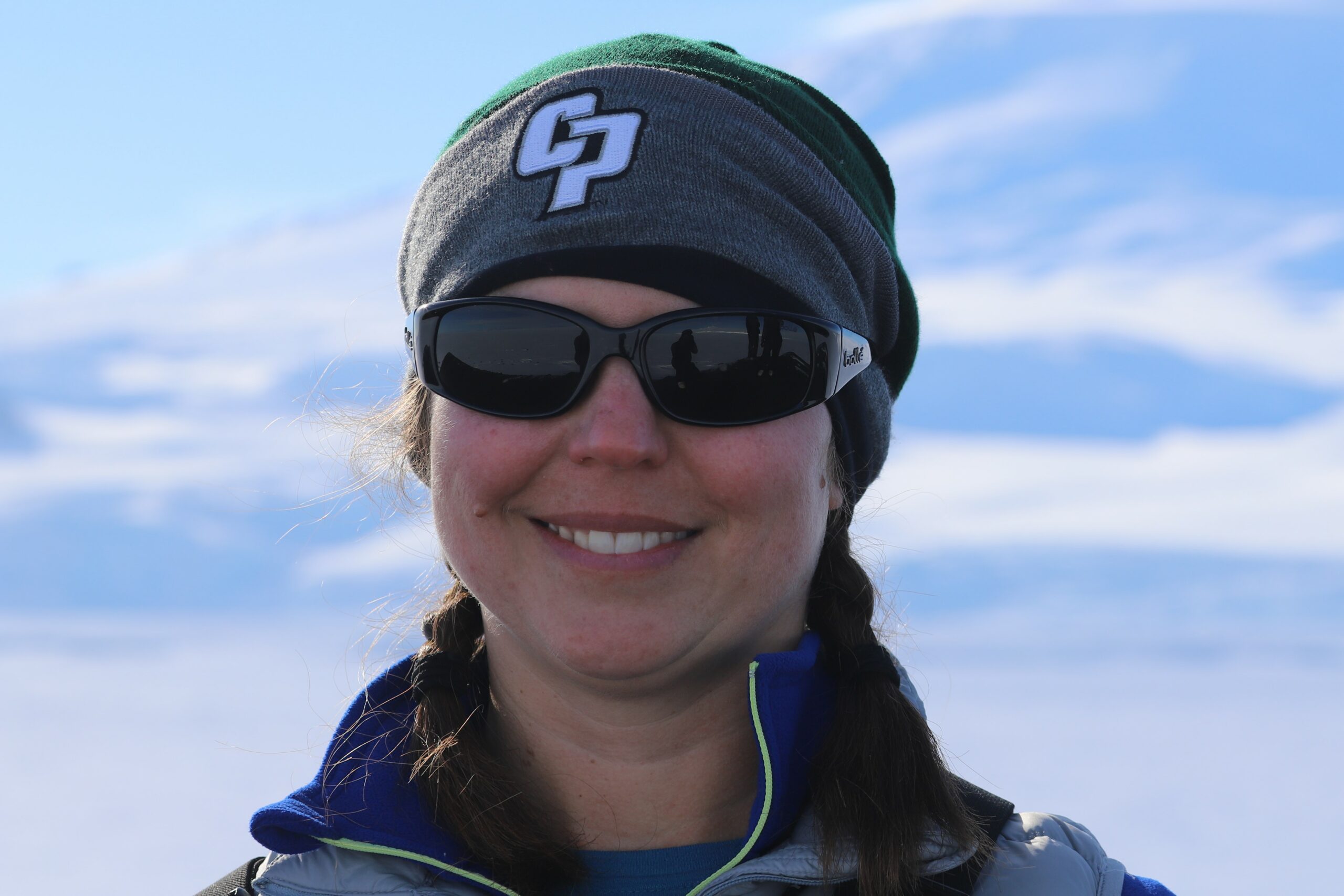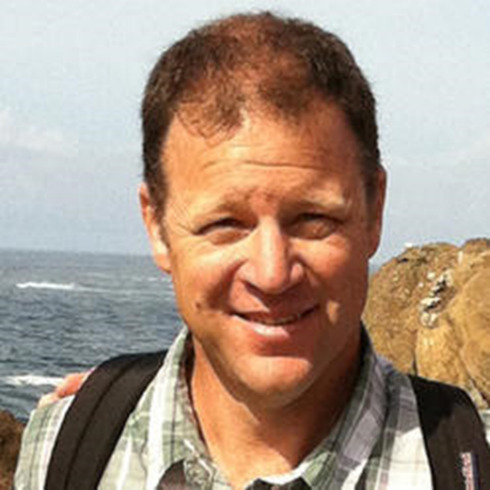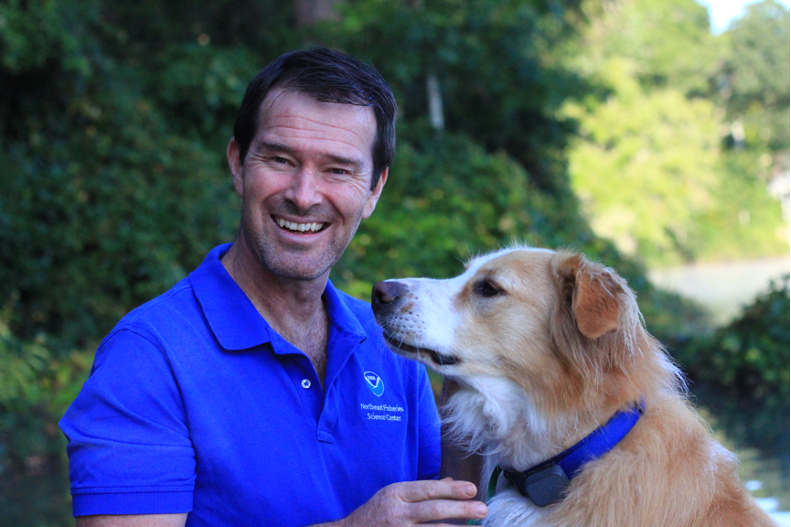Andrew Devogelaere, NOAA MBNMS, MLML, CSUMB
Hosted by the Geological Oceanography Lab
Presenting: "Science informing resource management for Monterey Bay National Marine Sanctuary"
MLML Virtual Seminar | January 27th, 2022 at 4pm
About the speaker:
Dr. DeVogelaere oversees the Monterey Bay National Marine Sanctuary's Research Program. This includes facilitating collaboration among over 20 research institutions in the region, providing technical information to decision makers and the Sanctuary staff, and initiating research on resource management issues. Dr. DeVogelaere is also leading the Sanctuary Integrated Monitoring Network (SIMoN), a critical program that assesses how populations of marine organisms and habitats are changing through time. He has been directly involved in a wide variety of research projects, ranging in habitats from the deep-sea to estuaries. His past work experience includes being an elected official as Commissioner for the Moss Landing Harbor District and Research Coordinator for the Elkhorn Slough National Estuarine Research Reserve. He earned a Bachelor of Arts in Biology from the University of California, Berkeley, a Master of Science in Marine Science from Moss Landing Marine Laboratories, and a Doctorate in Biology from the University of California, Santa Cruz.


